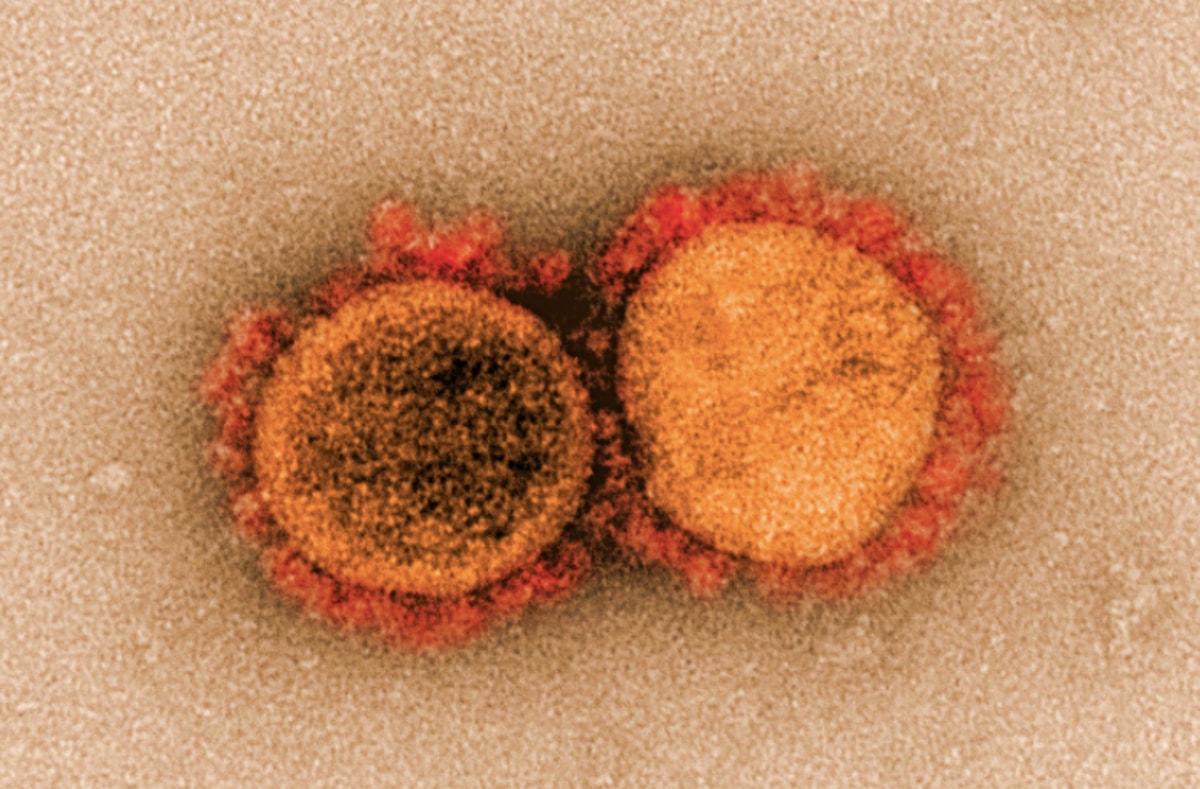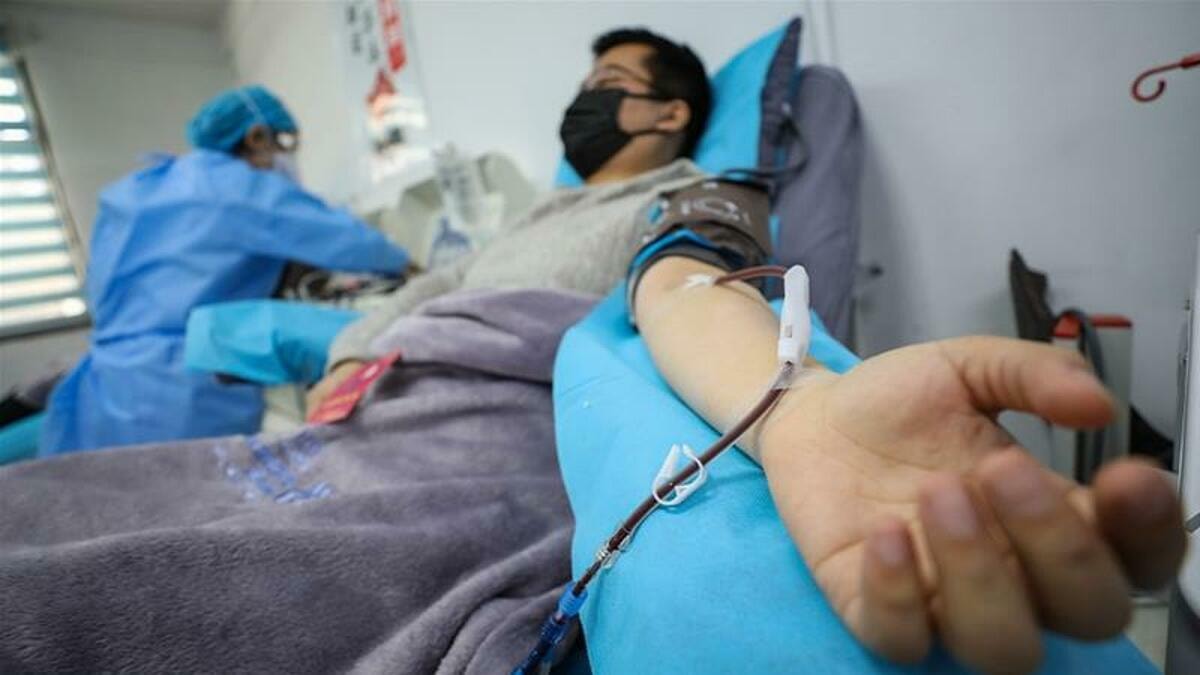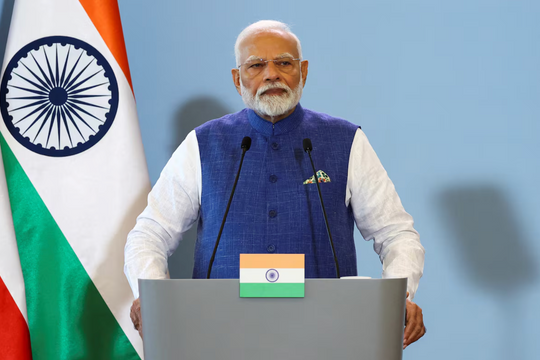Hope from Covid-19 plasma therapy
If effective, blood containing antibodies from recovered people would be a ray of hope in the fight against the pandemic.
Plasma therapy is based on a medical concept called “passive immunity.” People who have recovered from an infection often develop antibodies that circulate in their blood, potentially neutralizing pathogens. Transfusing plasma—the liquid left after blood cells are filtered—can boost a person’s virus-fighting response, making their immune system stronger. It has been used to treat polio, measles, mumps, and influenza.
"Blood from people who have recovered from Covid-19 could be very useful. It's been around for 120 years in medical history and it's pretty well known," said Arturo Casadevall, chair of microbiology and immunology at the Johns Hopkins Bloomberg School of Public Health.
Mr Casadevall hopes this could be a short-term measure to support a health system that is under heavy pressure as the number of patients increases rapidly and there is no approved drug or vaccine.
But he and his colleagues also face major regulatory, logistical and scientific challenges to implement.
|
Image of nCoV isolated from real disease sample under microscope. Photo:Shutterstock |
Researchers must collect plasma from recovered people, then test it to determine if it has the ability to fight the virus. Finally, it is transfused into patients.
Many infectious disease experts are sharing information through grassroots networks, supporting each other to conduct clinical trials, and discussing ideas about screening plasma for anti-viral antibodies.
The U.S. Food and Drug Administration (FDA) said on March 24 that it is working to make the experimental treatment more accessible to patients, emphasizing safety and effectiveness. New York Governor Andrew M. Cuomo also announced that his state will begin using plasma therapy in Covid-19 patients. Mount Sinai Health System plans to transfuse antibody-rich plasma from recovered patients into severely ill patients.
“We’re always trying the newest and most innovative methods. The traditional methods work, but they’re often overlooked,” said Jeffrey P. Henderson, an infectious disease specialist at the University of Washington who is involved in the project.
To test the therapy, experts need to develop a test that measures antibody levels. Then they use it to determine whether plasma from donors is capable of helping other patients fight the virus. Next, they give the plasma to patients, evaluating its effectiveness through a series of other clinical trials. The plasma must meet conditions of being safe and free of pathogens, including the new coronavirus and other blood-borne diseases.
According to Mr. Casadevall, the therapy can treat people who have already had Covid-19 or be used as a preventative measure for medical workers - those at high risk of exposure because of repeated exposure to the virus.
“If you do it right and collect enough plasma from someone who has been infected, you will have antibodies that can protect other people,” said Wayne A. Marasco, an infectious disease specialist at Dana-Farber Cancer Center in Boston.
|
A Covid-19 patient receives plasma containing antibodies from a recovered person at a hospital in Hubei province, China. Photo:EPA |
Each medical facility’s approach can vary. Many hospitals are racing to conduct clinical trials, accepting people who meet certain criteria. The FDA is also starting to look for “emergency patients”—people with serious illnesses who can receive compassionate treatment.
But many questions remain. One is who will pay for these tests.
On March 27, the state of Maryland and Bloomberg Philanthropies, a New York-based charity, announced they would co-fund $4 million to support scientists.
Research into plasma therapy is just one part of a broader effort by experts to treat Covid-19 based on the human immune response. In the long term, Wayne A. Marasco and his colleagues plan to develop drugs derived from antibodies to fight the virus.
“No one sees plasma as a long-term solution. It’s an alternative treatment while we wait for drugs and vaccines,” said Van Bloch, an associate professor of pathology at Hopkins.






.jpg)



